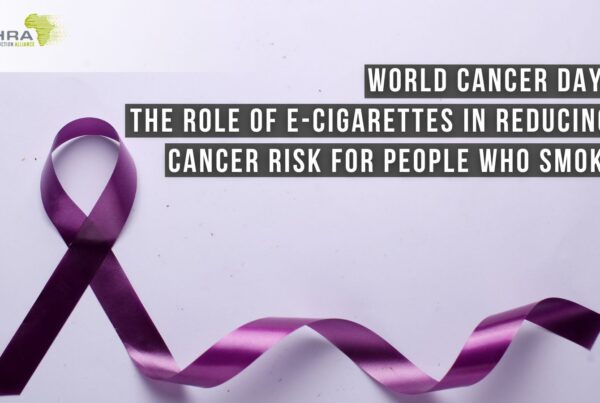Mental Health Awareness Week allows us to pause and reflect on our mental health and the mental health of our friends, family, and colleagues. In Africa, mental health needs are high, but responses are insufficient and inadequate.
Author: Joseph Magero
People with mental health challenges have the highest smoking rates but are rarely asked about quitting because they have so much they are struggling with. In fact, low- and middle-income countries (LMICs) account for 80% of cases of mental health conditions and tobacco use.
The poor and marginalised populations are more likely to suffer from both mental health conditions and tobacco use, often concurrently.
The interconnectedness between mental health and cigarette smoking has come to the forefront of public health discussions in recent years. Although not yet conclusive, a growing body of evidence suggests a causal relationship between the two, where tobacco use can serve as both a cause and consequence of mental health challenges.

Generally, access to treatment is limited for both mental health conditions and tobacco smoking, especially in LMICs, further compounding the situation. According to the WHO, only 23 countries (including 7 LMICs) offered comprehensive tobacco cessation services in 2018.
For people living with mental health challenges, as with the general population of people who smoke, there is an urgent need for more effective cessation approaches. Given the severe harms of heavy smoking and the difficulty in cessation, a solid ethical case exists for the provision of harm reduction advice as one of the options offered to smokers with mental health challenges.
Although limited research exists on the success of harm reduction approaches to smoking in people with serious mental illnesses in LMICs, a promising approach would be to trial vapes and other nicotine products for cessation and long-term maintenance for smokers with mental health conditions.
Improved dissemination of scientific literature regarding tobacco harm reduction (THR) is essential in mental healthcare to eliminate misconceptions and better inform smokers in LMICs with mental health conditions who are likely to benefit from these interventions.
THR Topics
Popular Posts
Quick Links
Women in THR
Related Posts
 Letter to the World Health Organization (WHO)
Letter to the World Health Organization (WHO)
Letter to the World Health Organization (WHO)
 Public Health implications of vaping in Germany
Public Health implications of vaping in Germany
Public Health implications of vaping in Germany
 Public Health implications of vaping in the United States of America
Public Health implications of vaping in the United States of America








